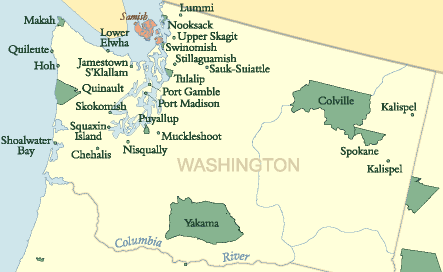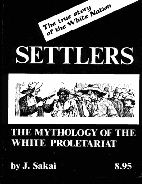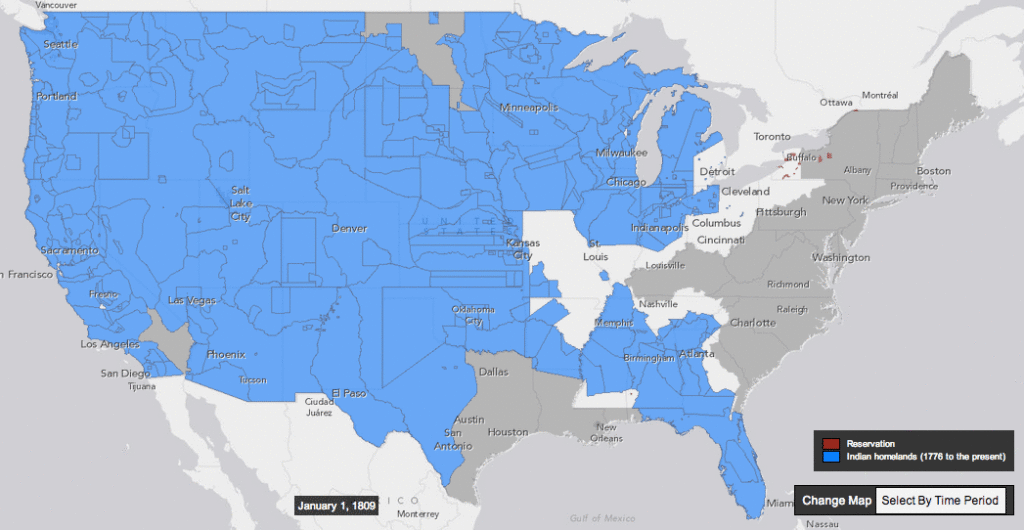History time:
Mark David Oliphant, a White settler, while on the Port Madison Indian Reservation, the sovereign property of Suquamish people, assaults a Tribal officer and is placed under arrest by the Suquamish Indian Provisional Court.

He submits a writ of habeus corpus alleging that he could not be arrested by the Court because the Court did no have criminal jurisdiction over Non-Indians.
This case eventually gets to the Supreme Court of the settler colonial United States and the Court, composed of mostly White settlers, that indeed Native Courts did not have jurisdiction to charge non-natives in criminal proceedings. Below we will discuss the treaties and reasons that factored into their bigoted, genocidal decision.
1830 Treaty with Choctaw Indians
One privision of the treaty said that, “Chowtaws express a wish that Congress may grant Choctaws the right to punish by their own laws any White man who shall come into their nation.”
The Supreme Court of the United States, which has long been a racist, bigoted settler colonial institution, interpreted this to suggest that Choctaw Indians, and by extension all native people, had no inherent right to sovereignty, since they had petitioned congress for that right. This is a clear violation of the rights of nations under International law.
Previous Court Cases
The Court found that his was in line with three previous Supreme Court cases (The Marshall Trilogy), but particularly Worchester v. Georgia (1832) which had found that the Settler-colonial Federal Government had the absolute authority over Indian affairs; and Johnson v. M’Intosh (1823), which found that “as an independent nation defeated in conquest, they [the native nations] are dependent on the settler-colonial state.
Previous Laws and Motivations of Congress for “insight”: Who has jurisdiction?

The Trade and Intercourse Act of 1970 and Federal Enclave Law said that any crime committed by non-Indians against Indians would be punishable by the US Court system as if it were committed against a US citizen. This gave so-called criminal jurisdiction to the US for crimes committed against Indians. It does not however rule out its invest that crimes committed by Non-Indians could be tried by tribes as if they were tribal members.
Another bill they analyzed was the Western Territory Bill: which denied tribal jurisdiction on people traveling through Indian land, but not those who voluntarily resided there. This bill was never enacted, but does indicate a need for sovereignty to exercise jurisdiction over non-Indians inside Indian territory.

Federal Enclave Act of 1854: Indians could not be retried in Federal Courts for crimes committed in Indian territory where there was no non-Indian party involved and where punishment under Indian tribal court had already occurred because an amendment mirroring the law’s idea, that a non-Indian can’t be tried in Federal Court for crimes already punished under Indian law.
Major Crimes Act: Indians who commit specific serious crimes could be tried in Federal Court. The Court used this piece of legislation to ask: how could Indians try non-Indians for serious crimes if they could not try their own people for serious crimes? Which we should all note is dillusion, white supremacist ideology that should be seriously challenged.
Citing Sources: The Milwaukee Law Review
Research for this report came from the Milwaukee Law Review on Oliphant v. Suquamish. They used case law, Supreme Court records, and academic reviews.
Why this case is important
Removing and Dismantling sovereignty makes criminals unaccountable to their victims. This is the historical legacy of the United States towards Indigenous communities
A 1977 Congressional Policy Review Commission (a creation of a settle-colonial state body) found three conclusions on the state of the tribal jurisdiction in criminal matters:
(1) There is an established legal basis for tribes to exercise jurisdiction over non-Indians
(2) The commission found there is is a demonstrate need for the exercise of some tribal jurisdiction over non-Indians within Indian reservations. ((Clearly, missing and murdered Indigenous women are a result and example of this need))
(3)The multiplicity of circumstances and variances in resources and capabilities of the various tribes make it impossible that Congress attempt to impose uniform solutions. Local problems require local solutions. Tribes can best hadnle their own local problems through tribal courts, but they cannot do so effectively without having jurisdiction over non-Indians.
Decolonization means returning Sovereignty and land, not giving more money to the FBI and US State Apparatus.
Citation:
“INDIANS-JURISDICTION-TRIBAL COURTS LACK JURISDICTION OVER NON-INDIAN OFFENDERS -Oliphant V. Suquamish Indian Tribe, 435 U. S. 191 (1978).” Wisconsin Law Review 0, no. 2 (January 1, 1979). http://search.proquest.com/docview/1310498702/.